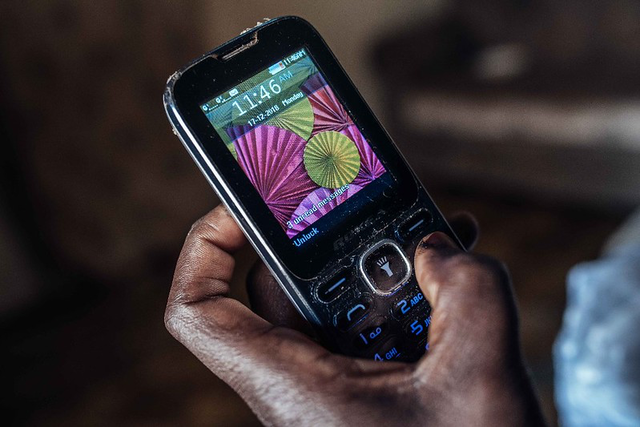How can mobile phones help poor people?
Mobile phones can be used in ICT4D (Information and Communication Technologies for Development) to help poor people.
Mobile phones can be a powerful tool for promoting development and improving the lives of people in developing countries, by providing access to information, opportunities, and services. For example:
- Healthcare: Mobile phones can be used to access health information and services, including telemedicine and other remote healthcare services. This can help to improve access to healthcare, especially for people in remote or underserved areas.
- Education: Mobile phones can be used to access educational resources, including online courses, educational videos, and other materials. This can help to improve the quality of education and expand opportunities for learning.
- Employment: Mobile phones can be used to find and apply for jobs, as well as connect with potential employers and clients. They can also be used to start and run businesses, providing a source of income and economic opportunities.
- Communication: Mobile phones can be used to stay connected with friends and family, and to access news and information from around the world. They can also facilitate the exchange of ideas and facilitate collaboration with others.
- Political participation: Mobile phones can provide a platform for people to engage in political discourse and participate in the democratic process, helping to promote transparency and accountability in governance.
Beware the Mobile Phone Hardware Quality Divide for Rural African Women
We all can celebrate the massive adoption of mobile phones across the African continent, and be astonished at the rapid uptake of smartphones in countries like...
Do Not Forget USSD: The Third Universal Mobile Application
Mobile applications designed to work with carrier provided services have generally focused on voice through Interactive Voice Response (IVR) and text through Short...
Which Mobile Phones Work Best for Disaster Responders and Humanitarian Aid Field Teams?
During my time working with a well-known Mobile Industry Development group, one request which would turn up on a regular basis in my in-box was for recommendations...
The Feature Phone is Not Yet Dead in Africa – Your Weekend Long Reads
Quartz Africa reports that last year feature phones won market share from smartphones in Africa. The market share of smartphones fell to 39% in 2017 (from 45%),...
Can Mobile Device Management Improve the Data Collection Processes?
When doing large scale monitoring, evaluation and research, organizations often deploy hundreds of frontline workers with hundreds of devices for mobile data collection.
Naturally,...
10 Key Takeways from UNESCO Supporting Teachers with Mobile Technology Report
UNESCO recently released the Supporting teachers with mobile technology report, which draws lessons from UNESCO projects implemented in Mexico, Nigeria, Pakistan...
A Novel Analysis of Mobile Phone Impact on Rural Farmers
Many scholars have hailed the mobile phone as a tool to give farming in developing countries a new impetus. However, studies on the impact of mobile phones in general,...
How Video Can Improve Agricultural Practices in Uganda
Smallholder farmers located in the Southwestern tip of Uganda engage in potato farming to feed their families and to earn some extra income. As part of Pasic, a...
Apply Now: 3.3 Million GBP for M4D Innovations in Access to Basic Utilities
Of the 1.2 billion people who lack basic energy access around the world, 772 million are covered by mobile networks. Similar figures exist for water and sanitation,...
The Top Books Read by Youth on Mobile Devices
At Worldreader, we love using data to help our readers find books they not only want to open but love to read. That’s why this year, when thinking about our...












